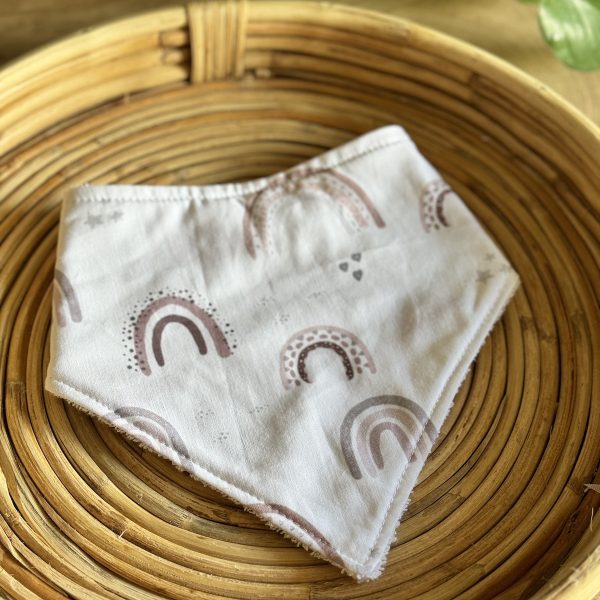All the things a breastfeeding mom needs to know about nutrition
Our diet is reflected in our skin, our hair and our immune system, always in combination with our general lifestyle and various other factors.
Yet, the saying “We are what we eat” rings a bell for our eating habits and a balanced diet plan. Now imagine how important the mother’s diet is during breastfeeding and postpartum, as it not only affects her, but also the infant through the breast milk that the baby consumes.
In fact, the World Food Summit (2021) focuses on the need for countries to be prepared in terms of their commitment to provide better quality nutrition for mothers and their infants. It is therefore easy to see how meeting this commitment is important to effectively support and advocate for breastfeeding. (World Health Organization 2022)
Truth is that there is often a lot of discussion around the issue of proper nutrition for the breastfeeding mother and how it affects the development of her baby. Oftentimes, special diets are even suggested that will contribute to the good health of both infant and mother. However, most of these practices fall into the realm of myths concerning breastfeeding.
According to the current available research, no special diet is required during the breastfeeding period; the breastfeeding mother can have a diversity of food in her diet and eat whatever she wishes, because this taste variety is what contributes to the expansion of the baby’s sensory tastes through the process of breastfeeding. It is therefore important to encourage the breastfeeding mother to choose from a plethora of tastes and smells and to eat a variety of foods in terms of types, smells and flavors. This is beneficial for the infant because each particular taste is passed to the infant’s taste buds providing early positive stimuli.
According to established research, the smell and taste of the food determines the infant’s relationship with the mother’s breasts. For example, when the mother has consumed garlic, the baby spends 50% more time on the mother’s chest, and the same happens when she has also consumed vanilla. In fact, it has been proven that the transition to foods after the 6th month of the infant’s life is easier if there has been a lot of taste stimulation through breastfeeding.
The Mediterranean diet & breastfeeding
It is important to note that regardless of the mother’s dietary pattern, breast milk is always available and rich in antibodies and valuable nutrients for the baby. However, the recommendation of most experts is that the breastfeeding mother should be fed according to the Mediterranean diet model.
As a rule in her daily routine she should follow:
- 5 meals a day
- 2 litres of fluids per day (water)
- 2 servings of tea (lemon balm, anise & fennel seed)
- Daily consumption of soup
- A balanced diet with a variety of foods and nutrients sets a healthy dietary foundation for the nursing mother and the whole family.
Nutrition Plan
5 portions of fruit and vegetables per day
Milk and dairy products, which are rich in calcium
Whole Grain products that are rich in fiber
Tip: To prevent the baby from developing allergies, you can make a two-week chart in which you can record your eating habits so that in case of an allergy, you can review the chart and identify the food to which the infant has developed an allergy. Allergies can emerge in the following ways:
- Blood on the diaper
- Projectile vomiting
- Green stools
Dietary supplements for milk enhancement
Nature is our ally even during the important period of breastfeeding.
There are some herbs whose consumption enhances lactation, and these are: lemon balm, anise and fennel seed. It is recommended to consume them daily from one to two cups a day.
Also, one of the best herbs that actively enhance lactation is milk thistle. However, use it in a specific way and according to instructions to avoid overproduction of milk.
Postpartum diet
Studies have shown that a postpartum weight loss of one to two pounds per month is safe for both the infant and milk production. Of course, a necessary condition is that the nursing mother follows a balanced nutrition with a minimum daily intake of 1500 calories. At this point it should be noted that 2/3 of breast milk is enriched from the amount of fat that comes from the mother’s diet and 1/3 from her body’s fat stores. Therefore, a diet rich in omega-3 fats is recommended, i.e. consumption of fish (salmon, tuna, sardines), olive oil, vegetable oil, or special dietary supplements for breastfeeding mothers who follow a low-nutrient diet due to work or other obligations.
BIBLIOGRAPHY
National Dietary Guidelines for Infants, Children & Adolescents: http://www.diatrofikoiodigoi.gr/files/html/kids/files/assets/basic-html/index.html#1
World Health Organization 2020
Breastfeeding Association of Greece, Nutrition and Breastfeeding. Informational leaflet package.
Midwife, MsC sport and physical health
@kalouzid_sofia_midwife
Editor: Aristi Tselou

































